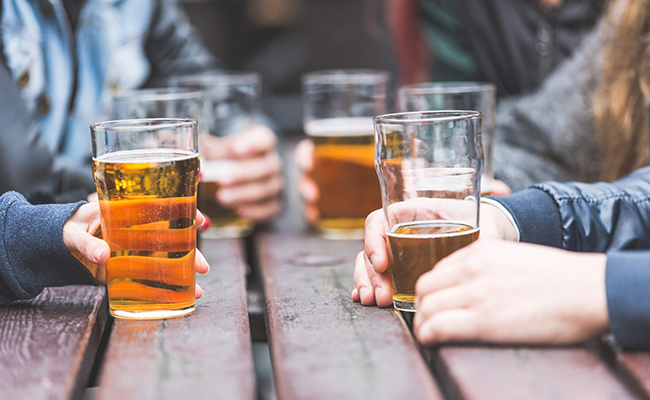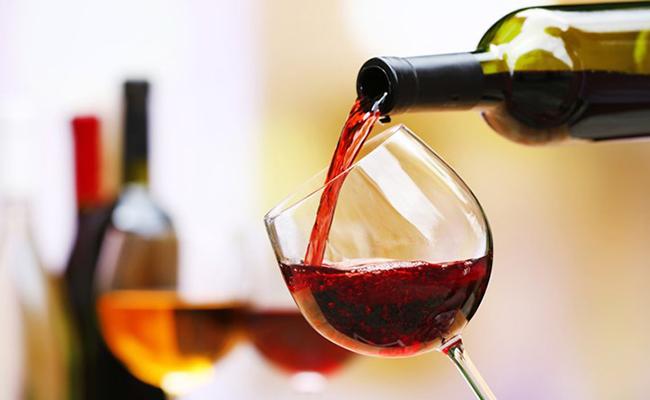Alcohol is a large factor in violent homophobic attacks, according to new study
A new study has found a connection between homophobic violence and drunkenness

A new study has found a connection between homophobic violence and excessive alcohol consumption.
Researchers at Cardiff University interviewed 124 people who sought emergency treatment following violent attacks across the UK.
The study, named Injury resulting from targeted violence: An emergency department prospective, was published in the journal of Criminal Behaviour and Mental Health.
According to it, around 18.5% of people admitted considered themselves to have been victims of hate crimes motivated by prejudice and 90% of those said alcohol intoxication was a factor in the attack.

Professor Jonathan Shepherd of the Cardiff University Crime and Security Research Institute said the research suggests that being drunk can act as an “igniter” for people’s racist and homophobic prejudice.
He said: “A striking aspect of the study was the discovery that most attacks weren’t fuelled by hate alone, alcohol appeared to act as an igniter.”
“Our findings suggest that tackling alcohol abuse is not only important in regards to the health of individuals but also to the health of our society. Additionally, we have learned that emergency room violence surveys can act as a community tension sensor and early warning system.”
The survey was carried out at emergency departments in Cardiff, Blackburn and Leicester.

In the study, one respondent vowed not to consume a specific alcoholic drink because he believed it “had contributed to his own violent behaviour.”
Meanwhile, intoxicated respondents reportedly displayed “a vengeful attitude towards their assailants and expressed a wish to intervene in a fight, for example, to protect a friend or relative, later viewing themselves as misunderstood ‘peacemakers’.”
The study also revealed that “there was no evidence that targeted violence victims were more severely injured than others, with patient triage category, indicating medical need, supporting this.”
